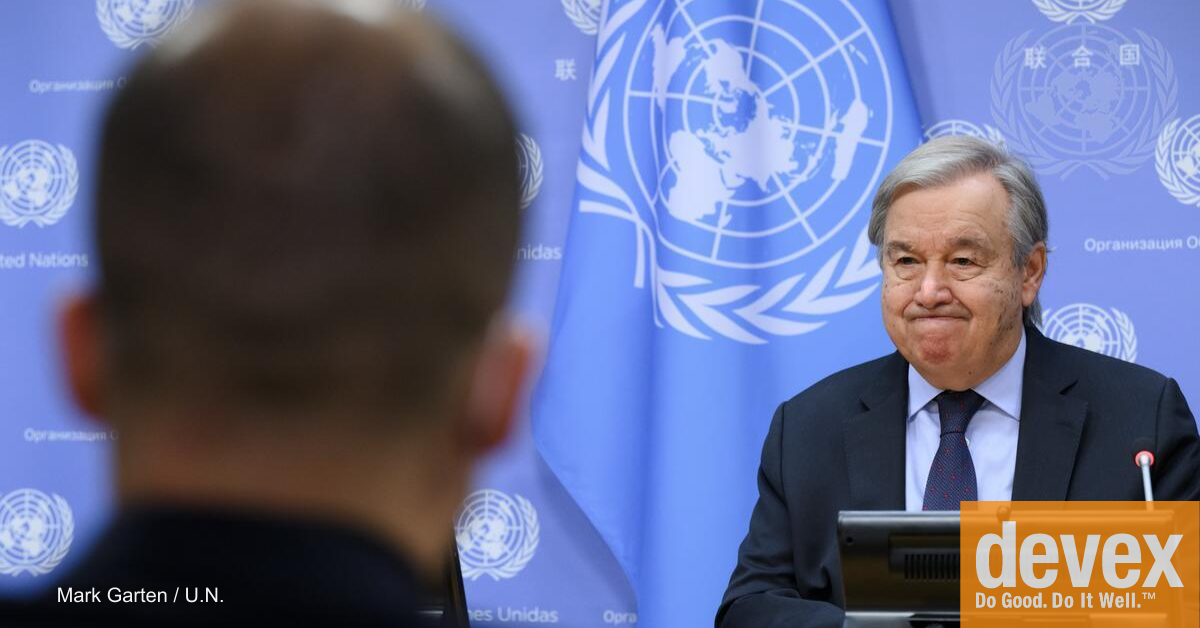Nigeria Holds Youth Summit on National Security after
Protests
In response to recent nationwide protests, Nigeria, in
collaboration with the United Nations, hosted a youth summit in the capital to
mark International Youth Day. The summit focused on the pivotal role of young
people in national security and intelligence.
The event, themed "Enhancing the Nigerian Youth's Value
for National Security Intelligence," brought together over 400 delegates,
including government officials, security agencies, and youth representatives.
The summit aimed to examine how youths can contribute to national security and
to foster greater youth involvement in this critical area.
Kayode Egbetokun, Nigeria’s police chief, addressed the
summit, emphasizing the importance of empowering the nation's youth. "Let
us remain steadfast in our commitment to our youths," Egbetokun stated.
"Together, we must pledge to support, empower, and create a brighter
future for all. The task before us is significant, but with the collective
strength, creativity, and enthusiasm of our youth, coupled with the support of
our partners, we'll rise to the challenge and make a meaningful impact."
The summit featured interactive sessions where youths and
police engaged in discussions on crime prevention, conflict resolution, social
media’s role, and community engagement. These conversations aimed to bridge the
gap between security agencies and young people, especially in light of the
recent unrest.
The summit followed the "Ten Days of Rage"
protests that began on August 1, driven largely by young Nigerians frustrated
with the country’s worsening economic conditions. The protests were fueled by
government policies, particularly the removal of fuel subsidies, which
protesters argue have exacerbated the cost of living crisis.
Police authorities at the summit acknowledged that while the
protests may have been motivated by genuine grievances, they were also
exploited by criminal elements. Prince Abdulsalami Ladigbolu, president of
UNESCO’s Read and Earn Federation, highlighted the significance of youth in
driving positive change. "Our focus today is on youths recognizing
themselves as change agents," Ladigbolu said. He stressed the importance
of leveraging the youth's familiarity with technology and social media to improve
community policing, intelligence gathering, and crisis response.
Despite the protests being cut short by security crackdowns,
Amnesty International reported that at least 22 protesters were killed, mostly
in northern Nigeria. The economic impact was also significant, with Nigeria’s
Minister of Industry, Trade, and Investment, Doris Nkiruka, noting that the
country lost approximately $325 million per day during the protests.
Olanrewaju Fagbohun, co-founder of the RouQ and Company law
firm, delivered a keynote address, underscoring the need to address the trust
gap between security agencies and the youth. "This kind of conversation is
very important," Fagbohun remarked, emphasizing the dual forces at play
during the protests – genuine grievances and those with ulterior motives.










.jpg)